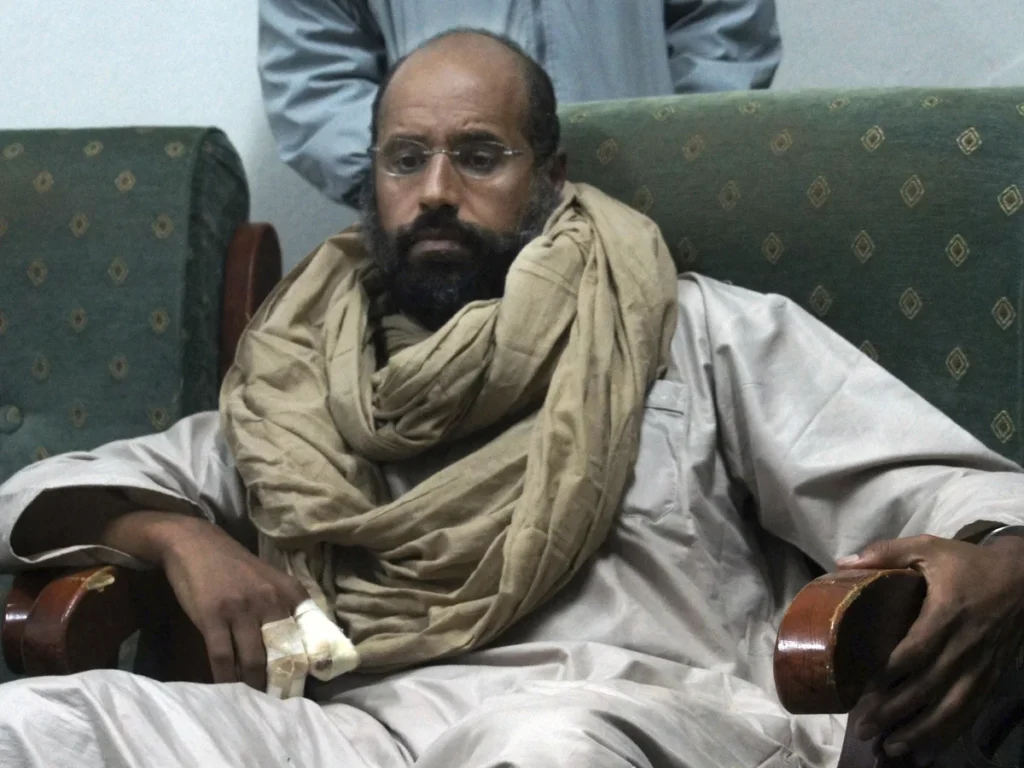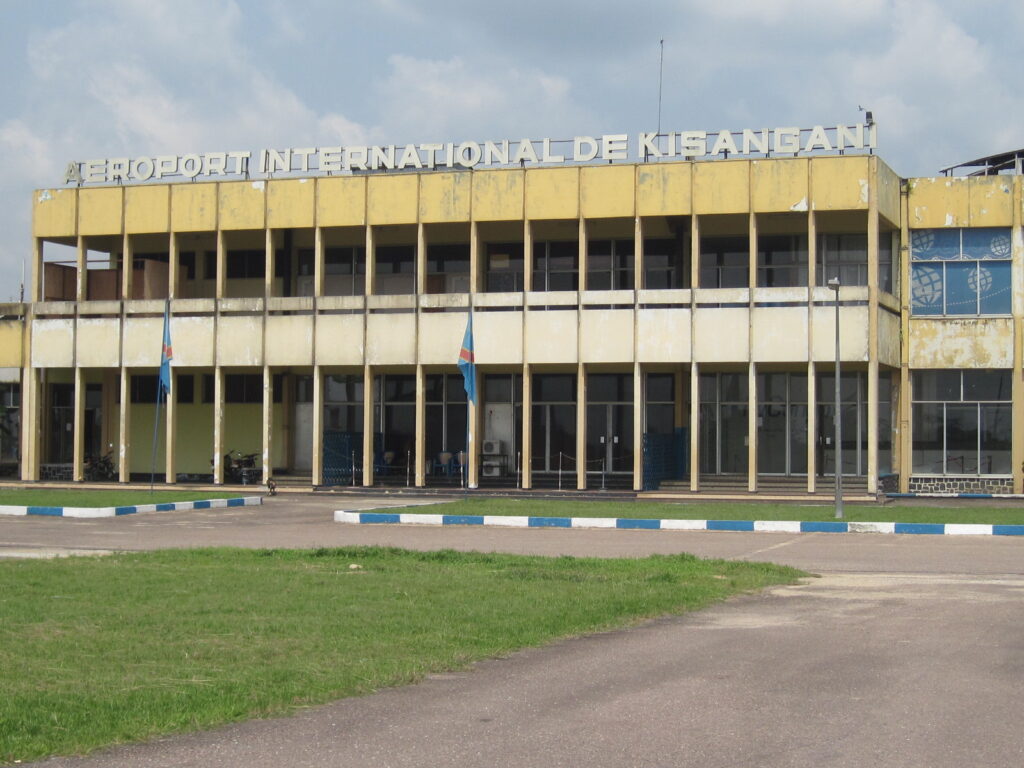
Donovan Jooste, a South African conservationist, oversees 2,000 southern white rhinos on a 7,800-hectare farm. This represents 12-15% of Africa’s remaining white rhino population, more than found in any single wild location. While the sight is impressive, the real question is how to reintroduce these animals into protected areas.
African Parks acquired the farm in September 2023, taking over the world’s largest private rhino-breeding operation. The farm’s founder, John Hume, started with 200 rhinos in 1992, aiming to capitalize on a potential future overturn of the rhino horn ban. He retains a valuable rhino horn stockpile, not included in the sale.
Facing economic difficulties and a lack of bids at auction, the farm’s 2,000 rhinos faced an uncertain future. African Parks stepped in, securing emergency funding and purchasing the farm with a plan to phase out breeding and translocate all rhinos and future offspring (estimated at 100 per year) to protected areas across Africa over the next decade.
The opportunity presented by these 2,000 rhinos is immense. They have significant ecological value, shaping landscapes, and hold economic and community value through tourism. While daunting, the project’s end vision holds immense potential for conservation success.
Southern white rhinos were nearly extinct in the late 1800s due to colonial hunters. Their numbers have been steadily increasing in recent years, reaching 16,803 in 2022. However, poaching remains a critical threat, with 551 rhinos poached across Africa in 2022.
African Parks estimates the farm’s annual maintenance cost at £3.2 million, with security being a major concern. Rangers patrol the farm 24/7 to protect the rhinos, who carry “big arrows on their backs.”
Translocation of the rhinos is expected to begin early next year, with a large portion remaining in South Africa. Given the high poaching rates, particularly in South Africa, concerns exist about moving them to potentially dangerous areas. However, African Parks emphasizes that the benefits of having 2,000 rhinos in open systems outweigh the risks.
The remaining rhinos will be translocated to other African nations where African Parks manages 22 protected areas. This process is complex and expensive, with costs ranging from £1,200 per animal within South Africa to over £40,000 for aerial transport to central Africa.
Kester Vickery, a translocation specialist advising on the project, highlights the challenges involved. Past translocations, like the loss of four rhinos in Chad due to nutritional deficiencies, serve as cautionary tales. The biggest challenges will be managing diseases and adapting to differing climates in the new homes. African Parks intends to mitigate these risks through monitoring and disease prevention teams.
Jooste is enthusiastic about the xproject’s potential. He emphasizes the ecological value of returning rhinos to open systems and ultimately hopes to see a significant increase in the wild rhino population within the next two decades.



